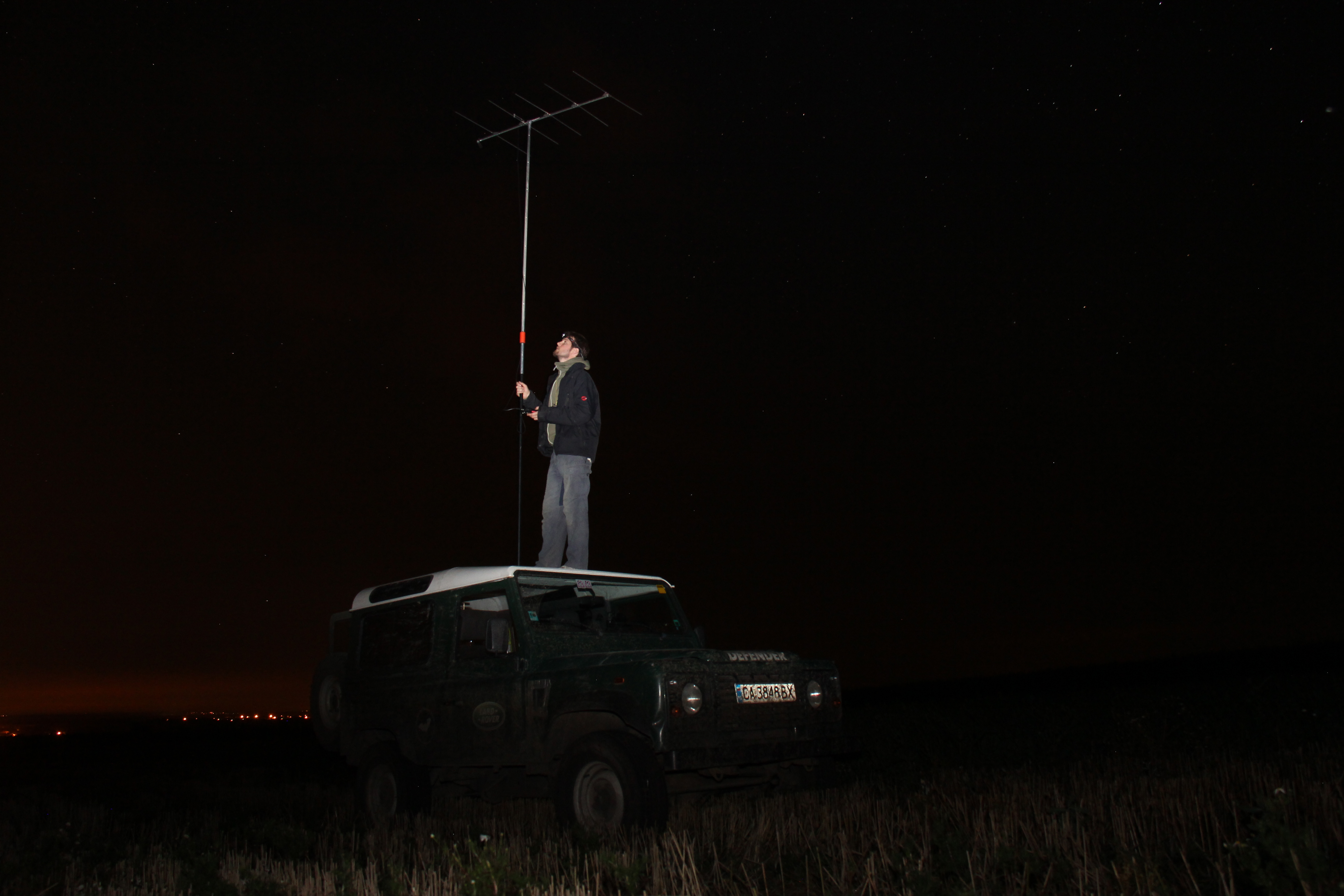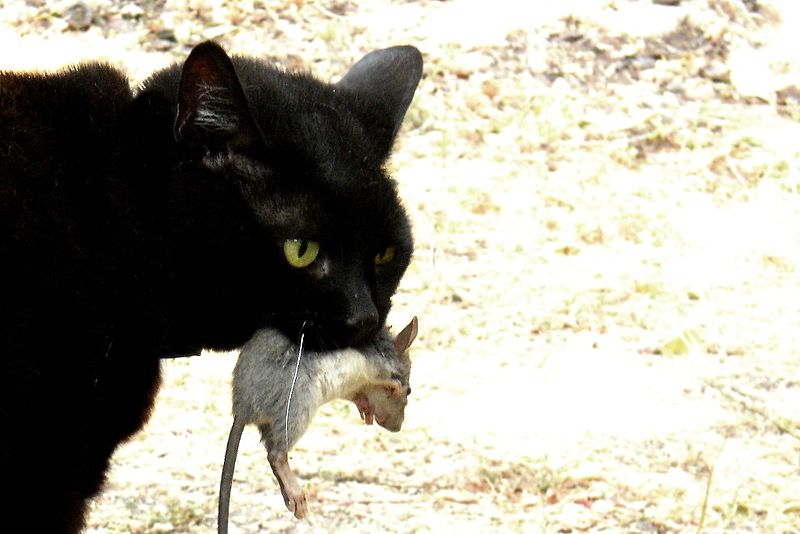Snake Bite DNA Test
Working like crime scene investigators, researchers use a rapid DNA test to analyze snake venom from the bite site.


Working like crime scene investigators, researchers use a rapid DNA test to analyze snake venom from the bite site.
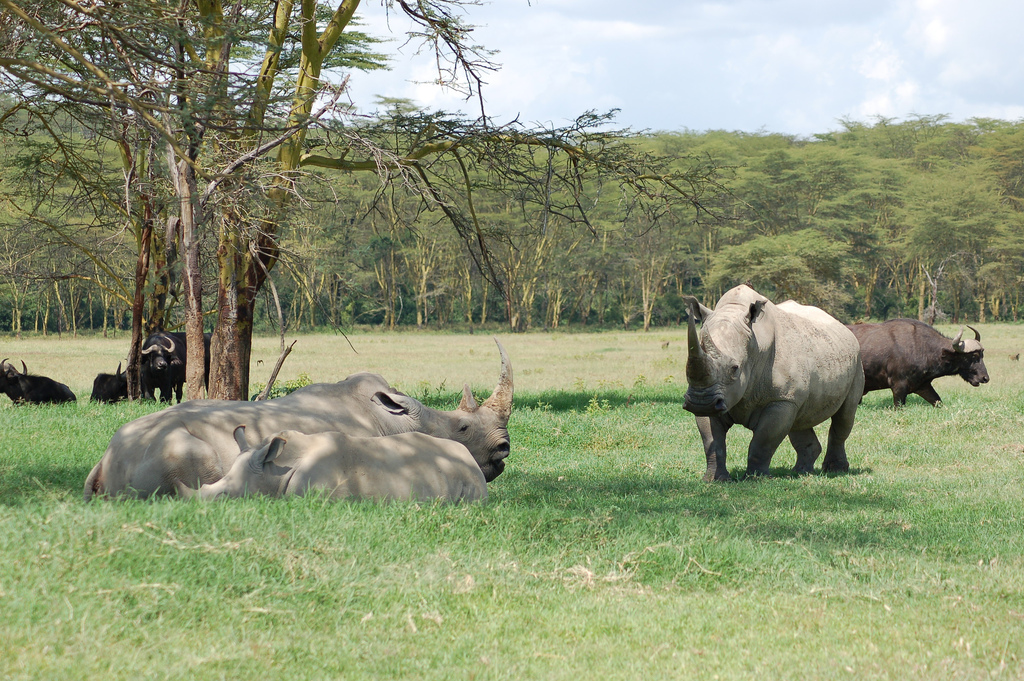
Researchers are studying how the sounds in their environment may affect the well-being of captive rhinos, which have extremely sensitive hearing.

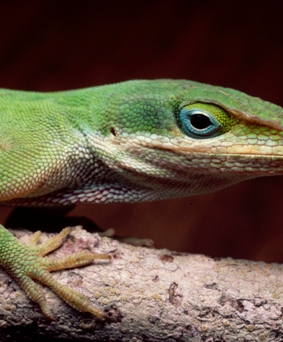
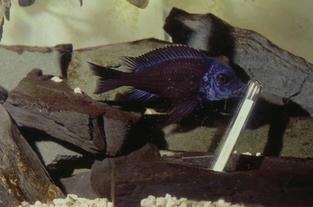

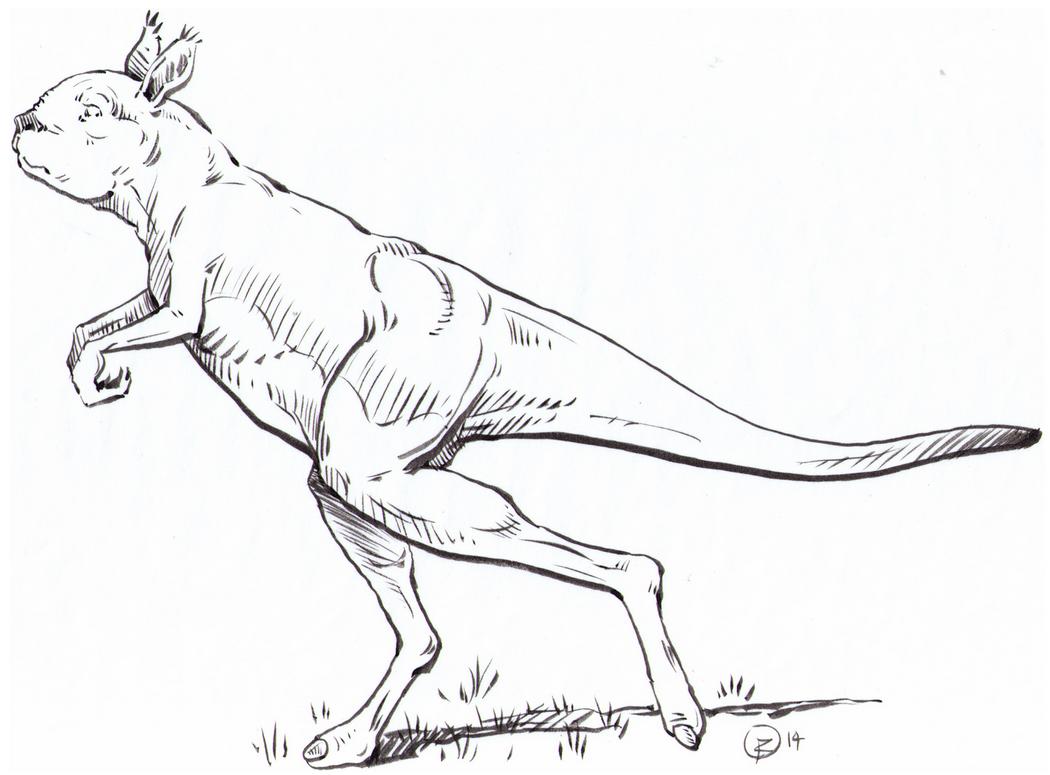

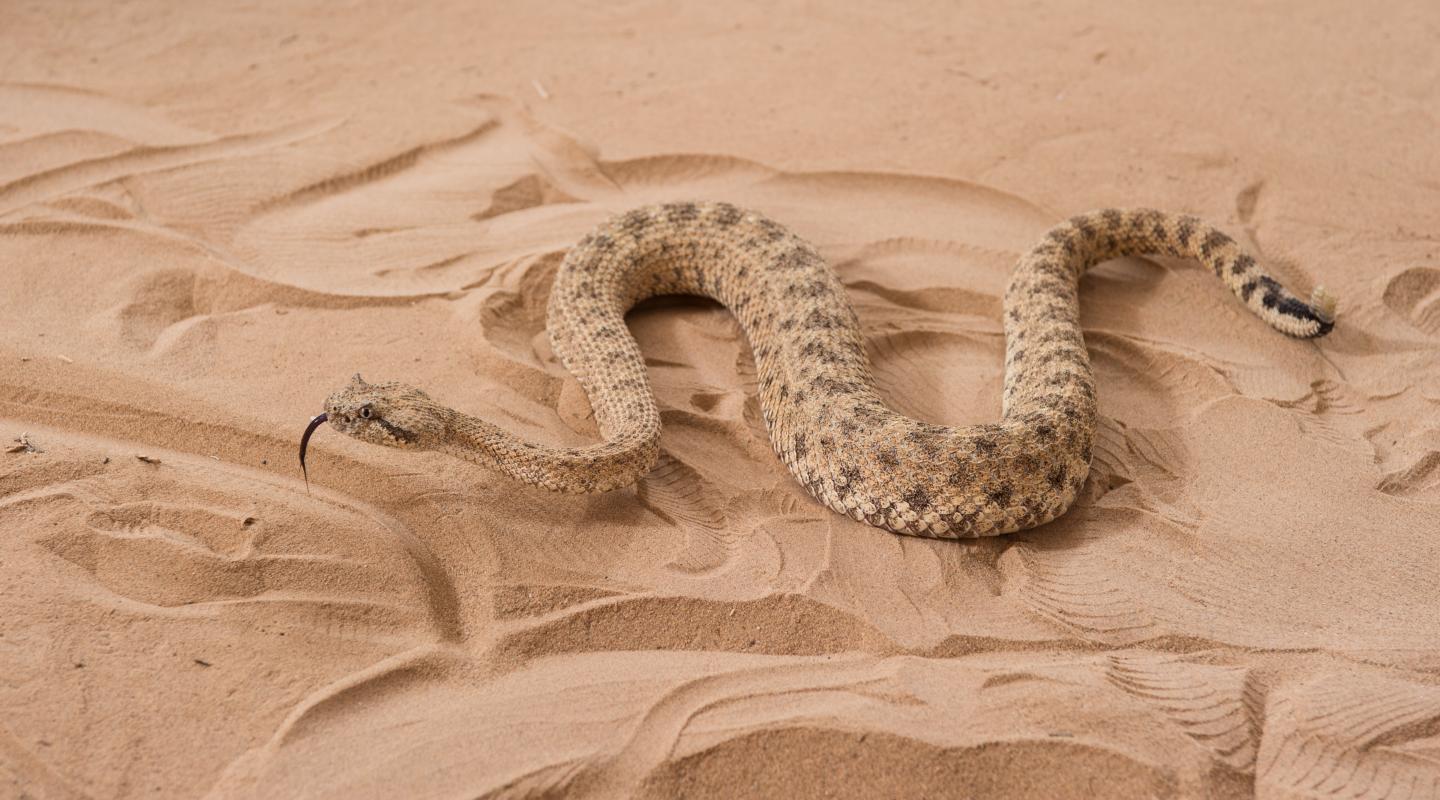
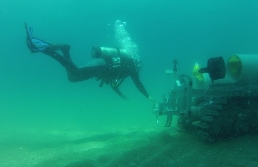
OCEAN SCIENCE (Encore Presentation) - Old warships become new habitats. An ocean quadcopter gives researchers a sky-high view of the stormy North Atlantic. And, autonomous underwater vehicles that search for sunken treasure. Also, behind the untimely death of the octopus.

Scientists have identified the genetic underpinnings of monarch butterfly migration.
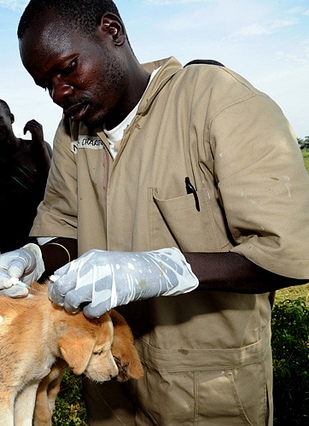
Mass canine vaccination campaigns could eliminate human deaths from rabies in developing countries.

Even common birds are showing declines in this year’s State of the Birds report.
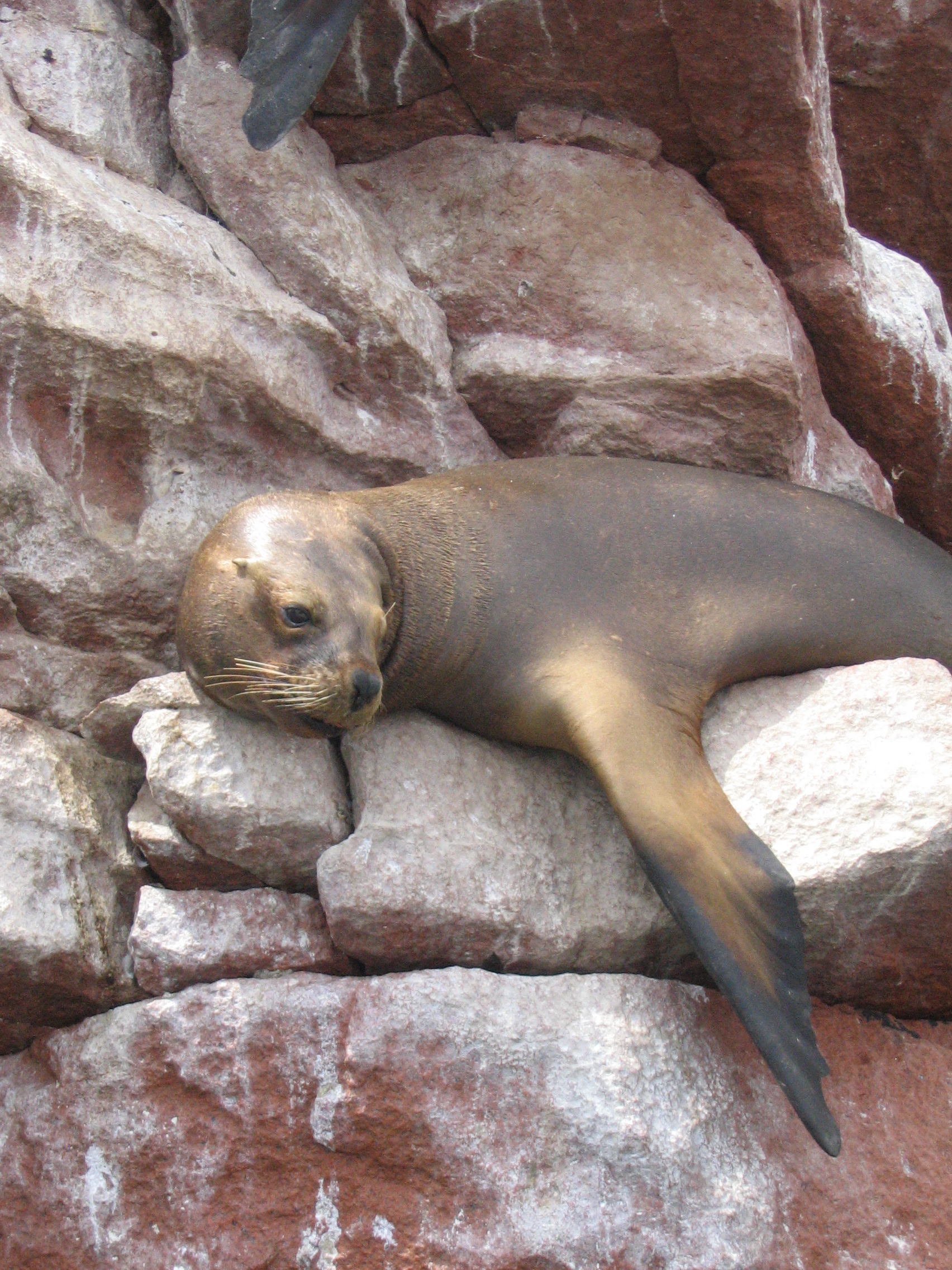
Marine mammals brought tuberculosis to South Americans from Africa more than 1000 years ago.

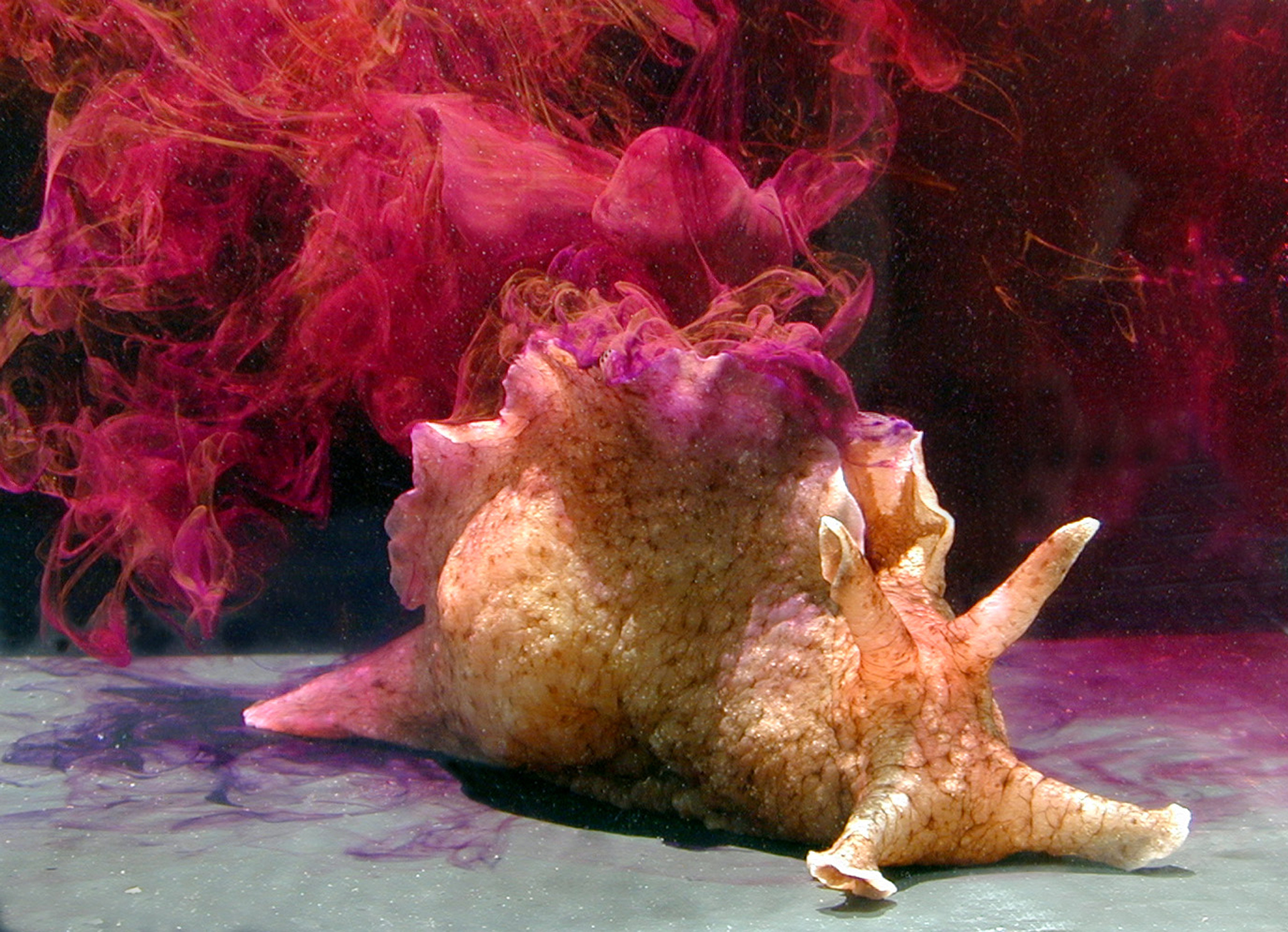
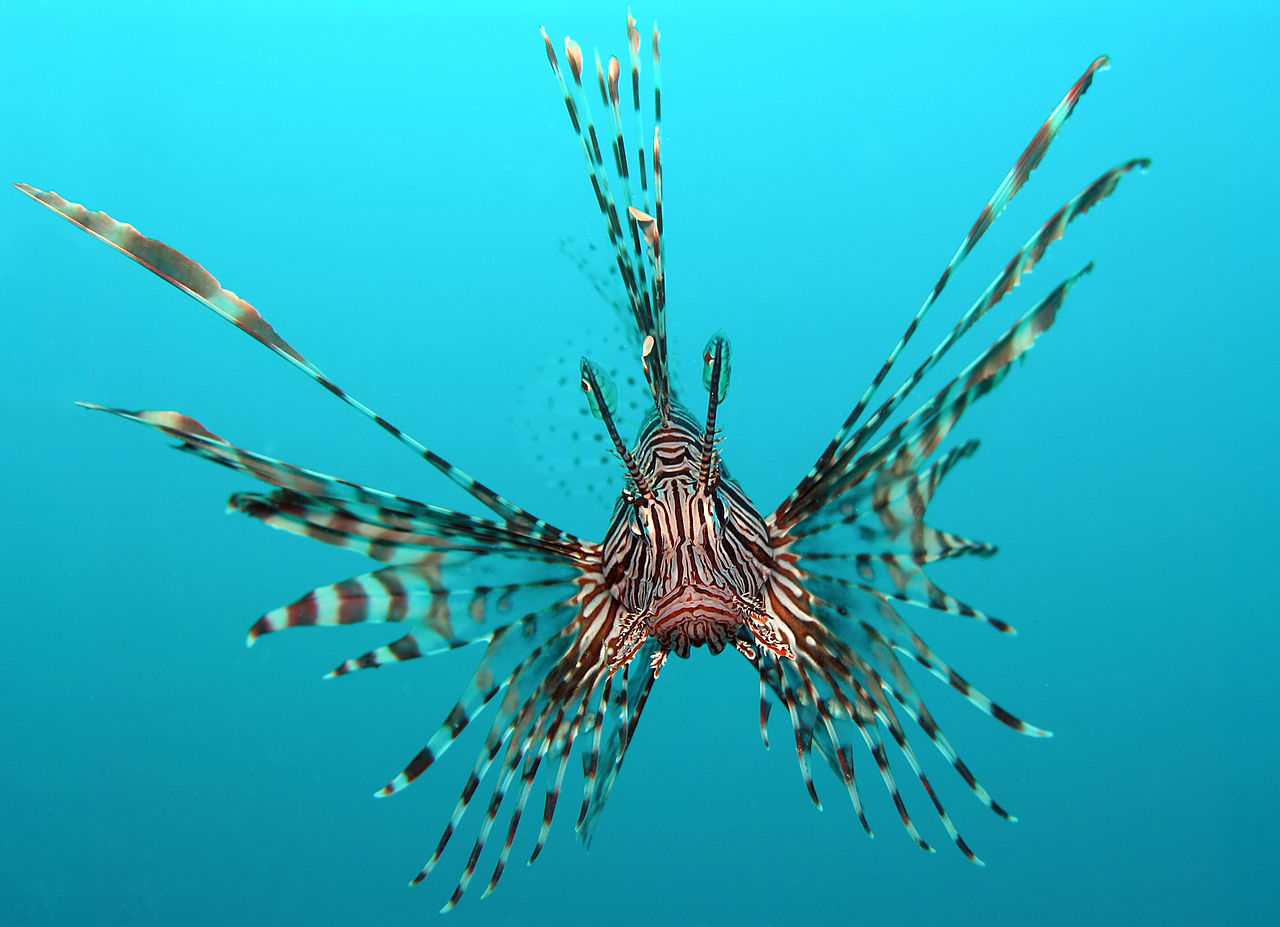
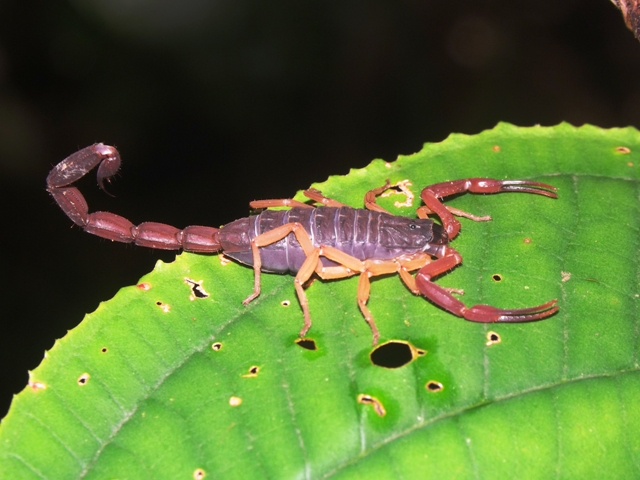

A deep-sea octopus sits on her eggs for four and a half years - possibly without eating.
Scientists have accidentally stumbled upon specific brain cells that turn feeding behavior on and off in mice.

LESSONS FROM THE DEAD (Encore Presentation) - Scientists attempt to bring back an extinct frog. Mummies showing signs of heart disease make researchers rethink assumptions about lifestyle and diet. The mysterious death zone within African "fairy circles" explained. Also: a miniature laboratory under the skin monitors blood chemistry.
